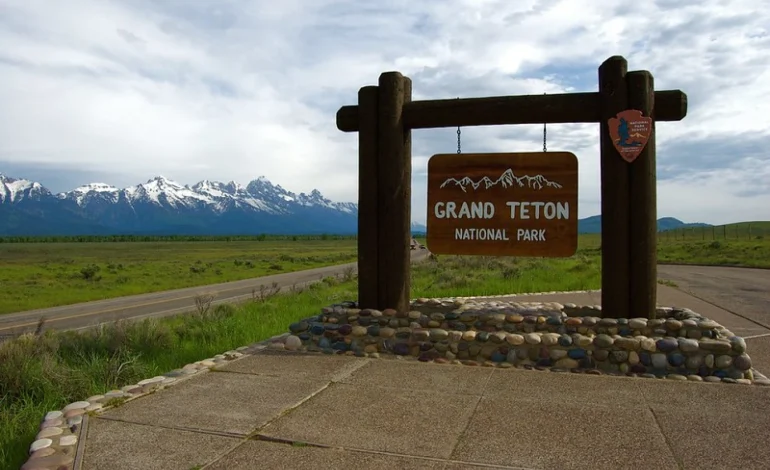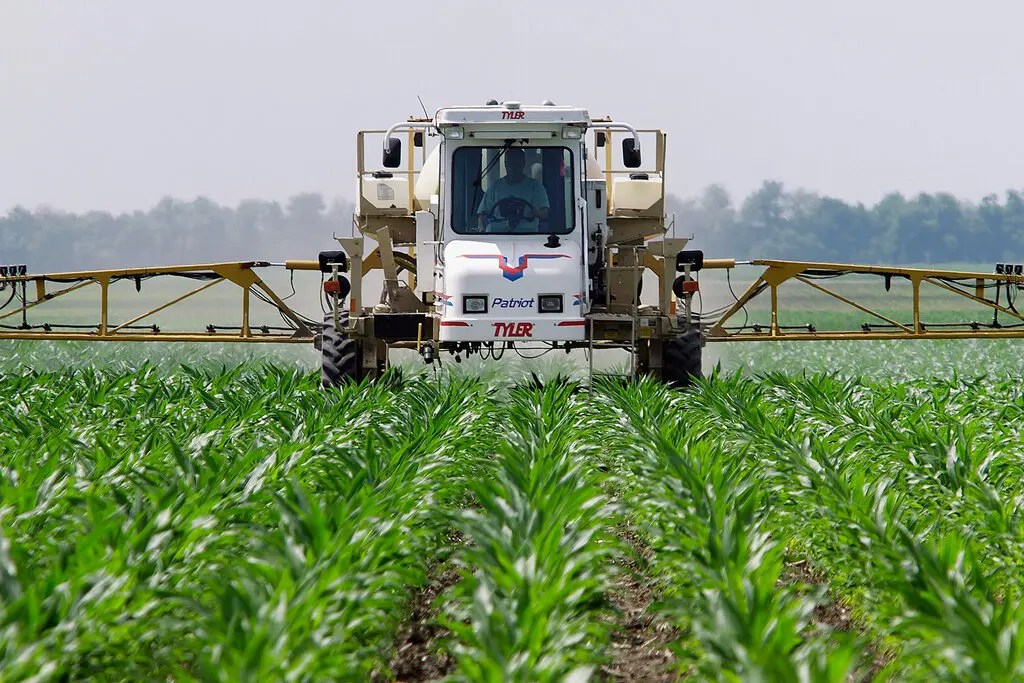Wyoming Resolution for Federal Land Transfer Fails Again

A resolution calling for the transfer of federal lands to Wyoming has failed once again after extensive debate in the state’s Senate, Boise State Public Radio reports.
Senate Joint Resolution 2, which called for the US Congress to hand over over 30 million acres of federal land to the state, was met with strong opposition and ultimately did not pass.
The resolution, sponsored by Sen. Bob Ide (R-Casper), argued that the federal government has mismanaged vast areas of land within Wyoming, including mineral rights. Supporters believed the state could more effectively manage these lands, including areas such as Grand Teton National Park and Devils Tower National Monument, excluding only Yellowstone National Park. Proponents also argued that federal control over these lands violates the Constitution, referencing the equal footing doctrine that grants states sovereignty over lands within their borders.
Sen. Tim French (R-Powell), a strong advocate for the transfer, suggested that Wyoming could manage these lands better than the federal government and expressed frustration with the federal management of public lands.
However, the resolution faced significant opposition from both lawmakers and environmental groups. Sen. Mike Gierau (D-Jackson) argued that national parks are integral to Wyoming’s identity and should not be transferred to state control. Many others raised concerns over the potential privatization of land and the loss of public access. Some also questioned whether the state would be able to effectively manage such a vast amount of land, particularly in terms of funding for wildfire management and the preservation of roads and trails.
Environmental organizations, such as the Wyoming Outdoor Council, and local business owners strongly opposed the resolution. Alec Underwood, the program director for the Council, expressed that the move could lead to the privatization of public lands and ultimately reduce access for residents and tourists. Many Wyoming business owners echoed these concerns, fearing that the state’s control could negatively impact public land users.
Despite initial momentum, including a narrow passage after an initial defeat, the resolution ultimately failed in a 14-16 vote in the Senate. The failure marks another setback for those advocating for state control over federal lands in Wyoming, though discussions surrounding land sovereignty and state-federal relations remain ongoing.







